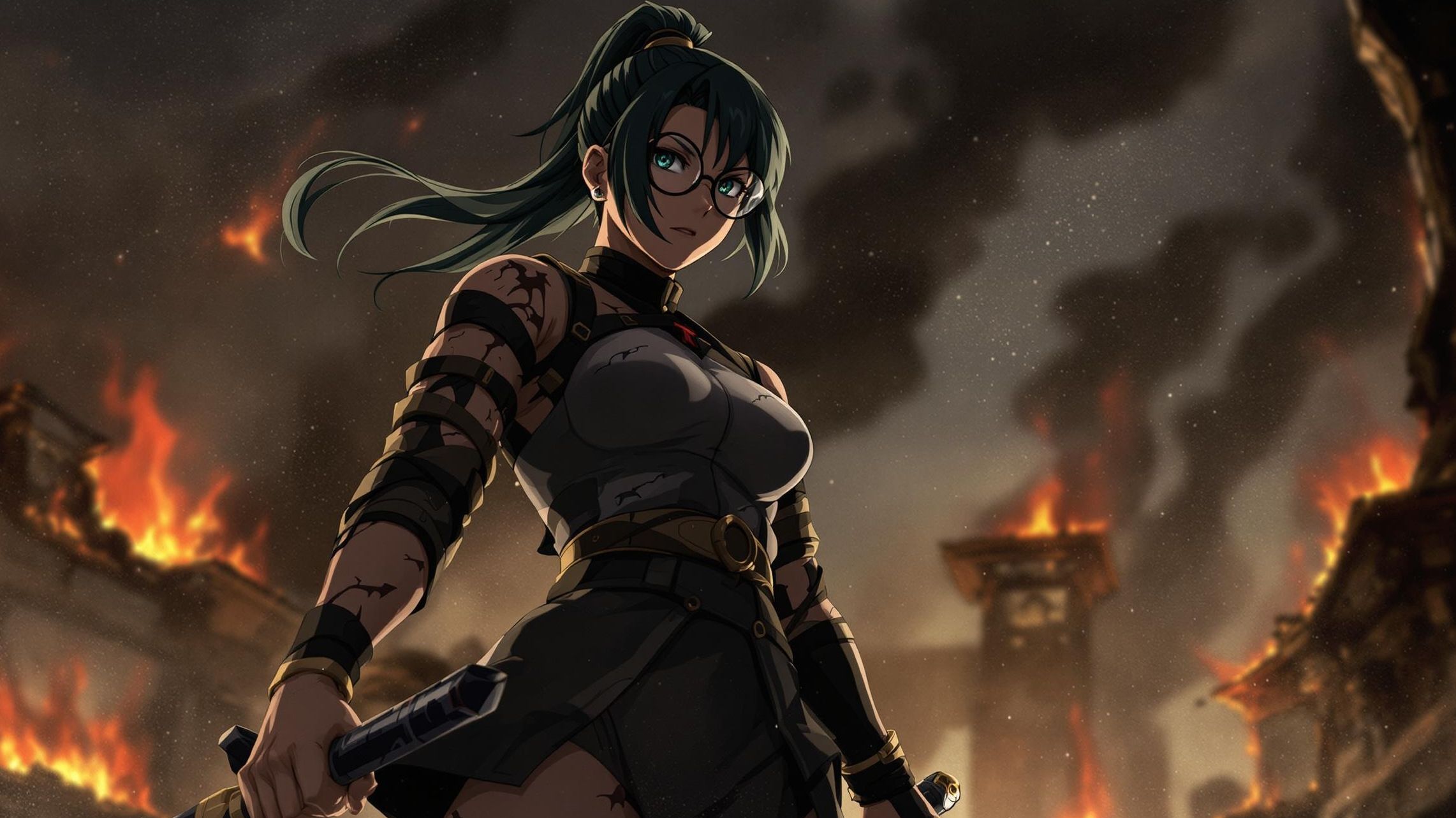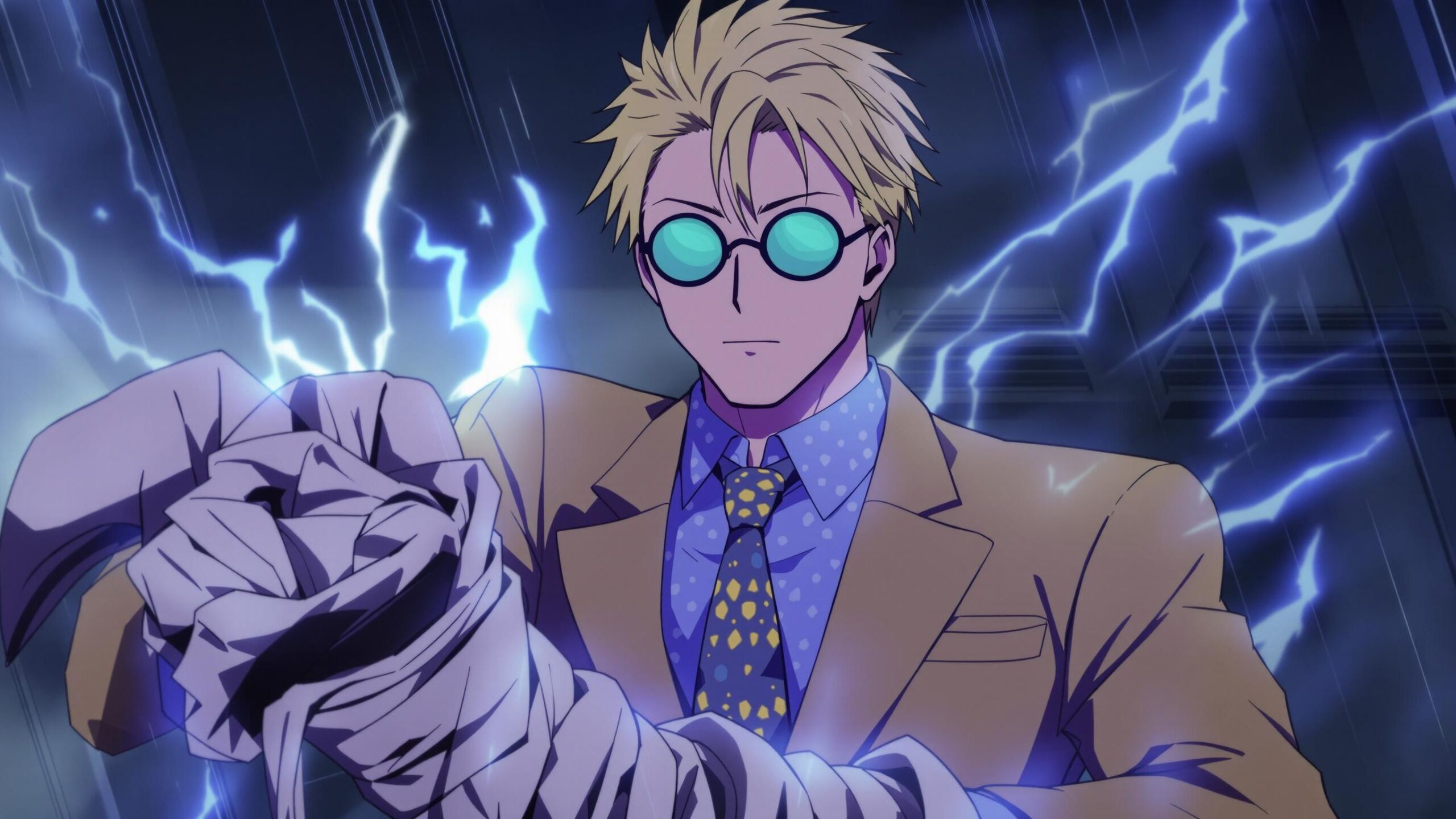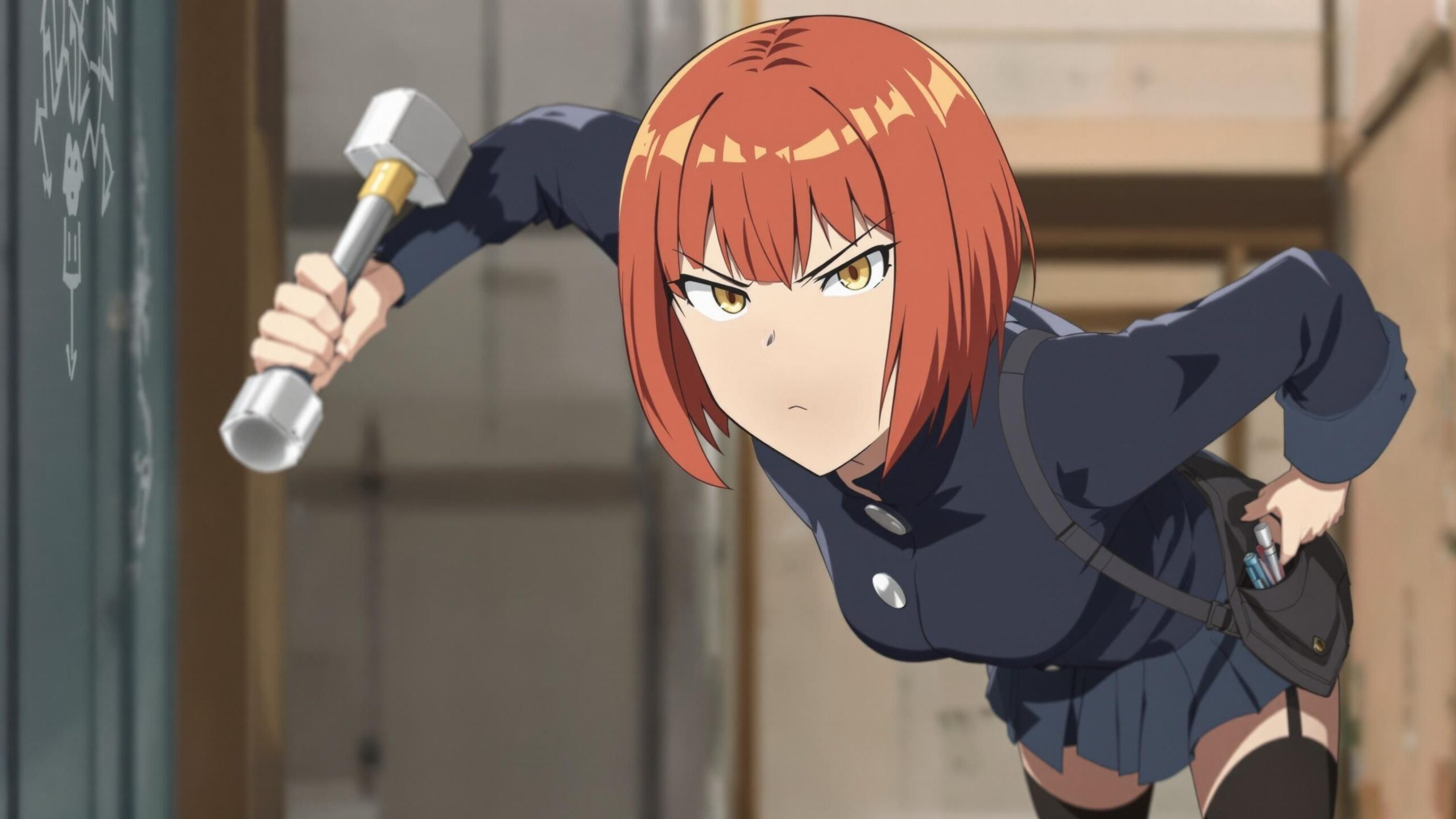Maki Zenin’s journey in Jujutsu Kaisen isn’t just one of physical power—it’s a saga of emotional resilience, betrayal, and self-liberation. Born without cursed energy into the notoriously elitist Zenin clan, Maki was branded as weak, outcast, and worthless. But what they saw as a flaw, she transformed into unshakable strength. With every scar she earns, every boundary she shatters, and every tear she refuses to shed, Maki proves that her will is far greater than any technique.
#10: Maki Chooses to Leave the Zenin Clan
Long before the massacres and battlefield triumphs, Maki’s first real act of strength was choosing to leave. In a clan obsessed with cursed technique hierarchy, she walked away from the expectations, the humiliation, and the abuse. It wasn’t flashy. It wasn’t loud. But it was defiant. She promised to come back stronger than anyone in the Zenin family—not because she wanted to prove something to them, but to herself. That silent vow is what fueled her rise through the ranks. Her decision to leave was the emotional foundation of her strength: she refused to be defined by blood. And that takes more guts than a hundred fights.
#9: Maki’s First Team Mission with Yuji and Megumi
During their mission to the detention center early in the series, we see Maki in action as a leader, instructor, and powerhouse. But beneath the composed exterior, there’s a bittersweet tone. While Megumi and Yuji rely on innate cursed abilities, Maki fights using only physical skill and cursed tools—because she has to. Watching her navigate the mission with cool-headed expertise while clearly burdened by the weight of her limitations is emotional in itself. She doesn’t complain. She doesn’t seek pity. Instead, she fights harder, moves smarter, and proves to the younger students that strength comes from discipline, not just inherited power.
#8: Maki’s Rejection by the Clan Elders
In a flashback sequence, we see Maki attempting to move up within the Zenin clan, only to be mocked and dismissed by the elders. Her requests for respect and inclusion are met with cruelty and condescension. The pain on her face is subtle—tightened eyes, clenched jaw—but it’s heartbreaking. She isn’t surprised, but that doesn’t make it any less cutting. This moment hits hard because it reflects a truth many fans relate to being underestimated by the very people who should support you. Yet Maki doesn’t break. She walks away with her pride intact. Her silence in that scene is louder than any scream.
#7: Maki Saves Nobara from the Cursed Womb
During the Kyoto Goodwill Event arc, when the students are ambushed by the cursed womb spirits, Maki arrives just in time to save Nobara Kugisaki. It’s not just about action—it’s about connection. Maki, who has often been alone in her fight against both curses and prejudice, steps in without hesitation to protect someone else. The gratitude in Nobara’s eyes, the seamless coordination between them, and Maki’s calm presence in a moment of chaos all reveal how deeply she cares, even if she rarely shows it. Strength here isn’t just physical—it’s the emotional courage to be there for someone.
#6: Maki’s Duel with Miwa During the Exchange Event
This wasn’t an earth-shattering battle—but it was deeply revealing. Facing Miwa, another sword user with a kind heart and self-doubt, Maki chooses to fight without arrogance or cruelty. She could’ve crushed Miwa with ease, but instead, she disarms her gracefully, showing just how skilled—and restrained—she is. Afterward, she encourages Miwa, subtly expressing that worth isn’t tied to cursed techniques. It’s an emotional contrast to how Maki herself was treated growing up. By refusing to mirror the Zenin clan’s elitism, she demonstrates how strength also means choosing not to become what once hurt you.
#5: Maki vs. Mai – Sisterly Conflict Turned Tragedy
The emotional core of Maki’s journey has always been her complex relationship with her twin sister, Mai. Born together into the same clan, their paths diverged when Maki rejected the Zenin family while Mai stayed behind, resentful and fearful. Their confrontations are never simple fights—they’re emotional battles laced with years of trauma, jealousy, and suppressed love. When they clash during the Zenin clan storyline, Mai accuses Maki of selfishness, asking why she had to leave and “drag” Mai into suffering. Maki, visibly hurt but composed, insists that she never wanted to leave her sister—but she had to leave the system. Watching them argue, each wounded by the same childhood but walking opposite paths, is one of the most gut-wrenching emotional scenes in the series. There’s no villain—only pain.
#4: Mai’s Death and Maki’s Awakening
This is the moment that forever changes Maki—and the entire Jujutsu Kaisen landscape. After being mortally wounded by their clan, Mai sacrifices her life to give Maki a weapon and the strength to continue. The heartbreaking part? Mai’s final words: “You don’t have to be strong anymore, Maki. I’ll take care of it.” And with that, she dies—leaving Maki shattered but reborn. When Maki wakes, she no longer has cursed energy, but she does have the raw physical might and clarity of the heavenly restriction. It’s the ultimate irony: Maki becomes what the Zenin clan always feared a fully realized monster, forged by loss. The emotion here isn’t just grief—it’s rage, release, and a painful rebirth. Maki doesn’t scream. She simply picks up the sword—and walks forward.
#3: Maki’s Massacre of the Zenin Clan
After Mai’s death, Maki walks into the Zenin estate and methodically slaughters the very people who abused them. It’s not a revenge scene played for thrill—its retribution played with eerie silence. Every kill is deliberate. There’s no joy in her eyes. Only a cold resolve. The emotional devastation lies in how empty it feels. Maki is doing what must be done, not for glory, but for justice and closure. In the middle of the massacre, her father begs for mercy. She gives him none. She’s not cruel—she’s done asking for approval. For the first time, Maki owns her strength fully. And she uses it to burn the root out of the very family that tried to erase her.
#2: Maki Saves Megumi During the Culling Game
In the midst of the chaotic Culling Game, Maki appears when Megumi is about to be overwhelmed. Her timing is flawless, her strikes surgical. But more than that—it’s the reassurance in her tone that stands out. She tells Megumi, “You’re not alone.” After everything she’s been through, Maki has every reason to be detached or vengeful. But instead, she chooses to protect. This moment reveals that even after losing her sister, enduring betrayal, and erasing her clan, Maki still believes in saving others. That’s her real strength—not the ability to kill, but the ability to choose kindness when she no longer has to.
#1: Maki Reclaims Herself—“I’m No Longer Half of a Whole”
In her final moments of reflection following the Zenin massacre and the loss of Mai, Maki stands alone in the rubble of her clan. A clan that labeled her incomplete. Weak. “Half of a whole.” But now, with heavenly restriction coursing through her, and no cursed energy to define her path, she looks up and says something simple: “I’m not half anymore.” It’s the culmination of her entire arc. Maki, once defined by rejection, by being the other twin, has finally become whole—on her own terms. It’s a quiet, soul-rending, deeply powerful moment. She doesn’t need their legacy. She is her own legacy.
Maki Zenin’s strength was never just about brute force—it’s in every scar she wears, every rejection she turned into fuel, and every life she chose to protect instead of destroy. Her journey is one of burning down a broken world and rebuilding something truer, something stronger—herself. Through grief, rage, and raw will, she has become one of Jujutsu Kaisen’s most emotionally resonant characters. Her story isn’t just inspiring. It’s unforgettable.




